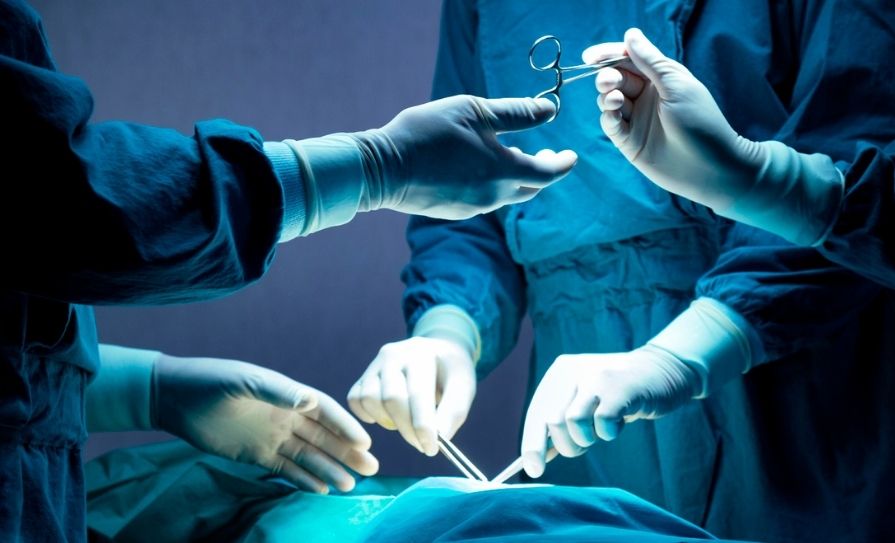It was noted with interest by The Dorsal View the comments of former Taoiseach Leo Varadkar during his recent Doolin Memorial Lecture in Dublin.
The IMO Doolin Lecture is held each December in honour of Dr William Doolin (1887-1962), who was Editor of the journal of the Irish Medical Association and President of the RCSI. The IMO invites a speaker to deliver the lecture on issues of importance in the area of health.
Step forward Mr Varadkar, who spoke on the topic of ‘Health policy challenges’.
Of course, Mr Varadkar was back amongst his fellow medical professionals having graduated in medicine in 2003. Mr Varadkar then completed his GP training in 2010.
I could not attend the Doolin Lecture, but read the coverage of the former Taoiseach’s eye-opening comments. According to a report in The Irish Times, Mr Varadkar enlightened the IMO doctors of his view that the lack of hospital beds was at the heart of many problems in the Irish health system. He indicated (and this is the eye-opening part) that reductions in hospital beds were substantially informed by the advice of “medics and specialists”.
“We have done a terrible thing in policy terms – a lot done with advice from medics and specialists – by reducing hospital beds by far too much and making the emergency department the only way through which most patients can get into the hospital. That is a fundamental thing that has not been resolved yet.”
Mr Varadkar said that when he was Health Minister (2014-2016) he stopped the closure of hospital beds. He also said recent governments (I assume the ones he was a key part of) had been increasing the bed stock, although “not anywhere near” the required amount.
This column is not aware of the specific advice Mr Varadkar alluded to. Over a number of decades, the State closed several city hospitals and regional emergency departments under the premise of concentrating high acuity cases in a smaller number of centres. These decisions may have aligned with clinical rationale, but safe implementation always depended on providing the requisite capacity – which sadly was not forthcoming.
Ultimately, the responsibility for these decisions rests firmly with senior politicians, which Mr Varadkar appeared to acknowledge with some qualification. Alas, the language of politics.
According to an IMO position paper on acute hospital capacity, published in March 2005, bed numbers in 1980 stood at 17,665. By 1990 the number had dropped to 13,753 and in 2000 it was 11,832.
“Our health service needs approximately 15,000 acute hospital beds. The reason we have trolley wards in our A&E departments is because there are not enough acute hospital beds.”
Pretty clear advice, in my view.
The precipitous decline in hospital beds was aligned with budgetary cuts enacted by politicians. The Dorsal View searched The Irish Times’ archives and dredged up political discourse of depressing familiarity.
A story in February 1990, for example, reported on the promises of another doctor who served as Minister for Health (under the Haughey administration). At the time, Dr Rory O’Hanlon was facing a vote of no confidence amid vicious cuts to the health service. Dr O’Hanlon pledged to initiate an ‘action programme’ that would involve an increased budget, “special management training programmes”, and the “computerisation of information systems”. It all sounds so familiar.
As I write, the deliberations are continuing on forming a new Government – which will not include Stephen Donnelly who lost his seat in the General Election. Mr Donnelly served as Health Minister (2020-2025) under three Taoisigh who themselves held the health portfolio (Mr Varadkar, Micheál Martin, and Simon Harris).
Mr Donnelly initiated or set in motion several important public health measures during his tenure. The data also suggests a decline in the number of patients waiting over 12 and 18 months for hospital care.
However, Mr Donnelly and his cabinet colleagues did not address capacity shortfalls to anywhere near the level required. As of November 2024, some 572,403 people were waiting for a first outpatient consultation; 88,296 patients were waiting for an appointment for their inpatient or day case treatment; and 24,819 patients awaited an appointment for their GI endoscopy.
Hundreds of patients continue to be treated on trolleys, chairs and other inappropriate bed spaces each day. We know this has devastating consequences.
Now we await a new incumbent and, I suspect, the same old promises. But I would be delighted to be proven wrong.













Leave a Reply
You must be logged in to post a comment.